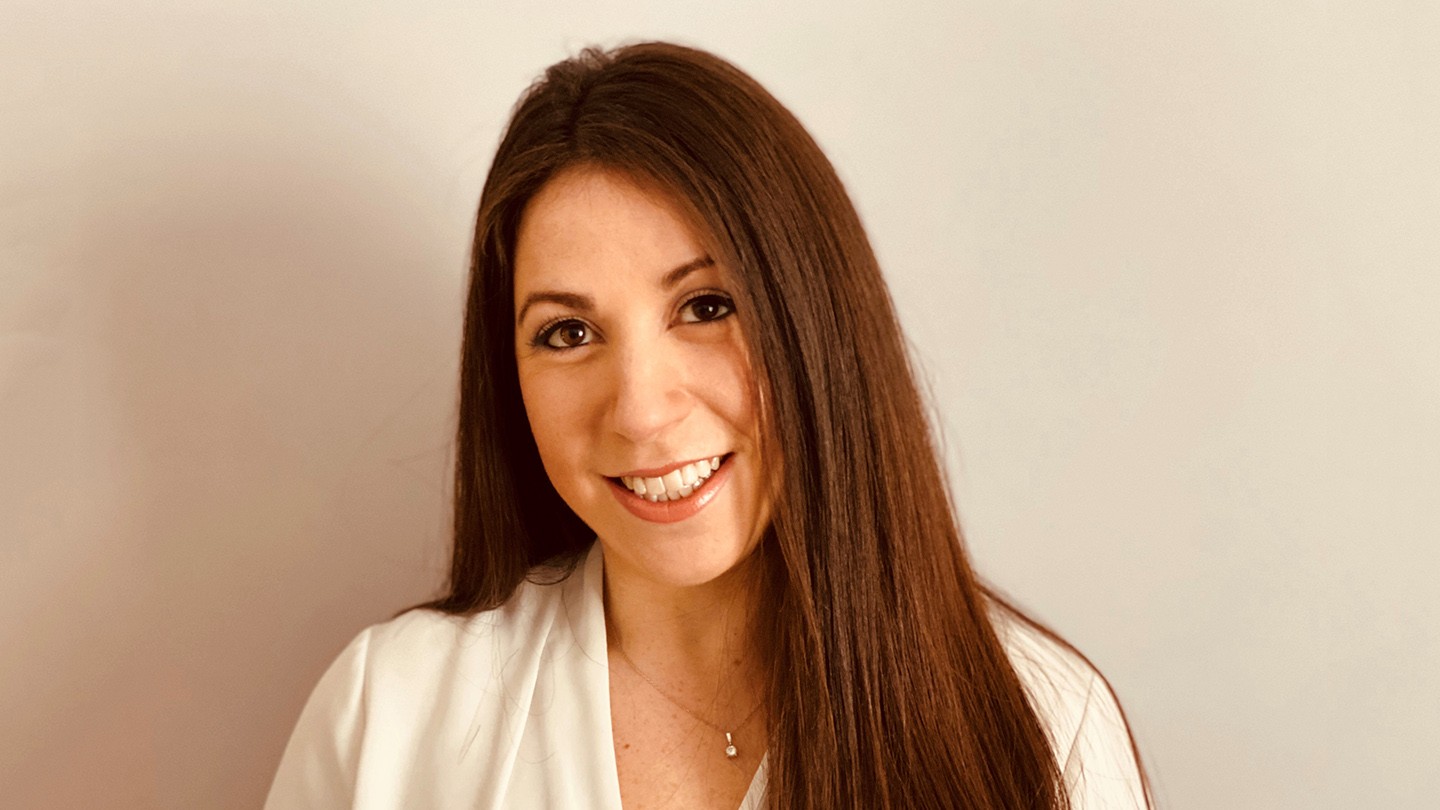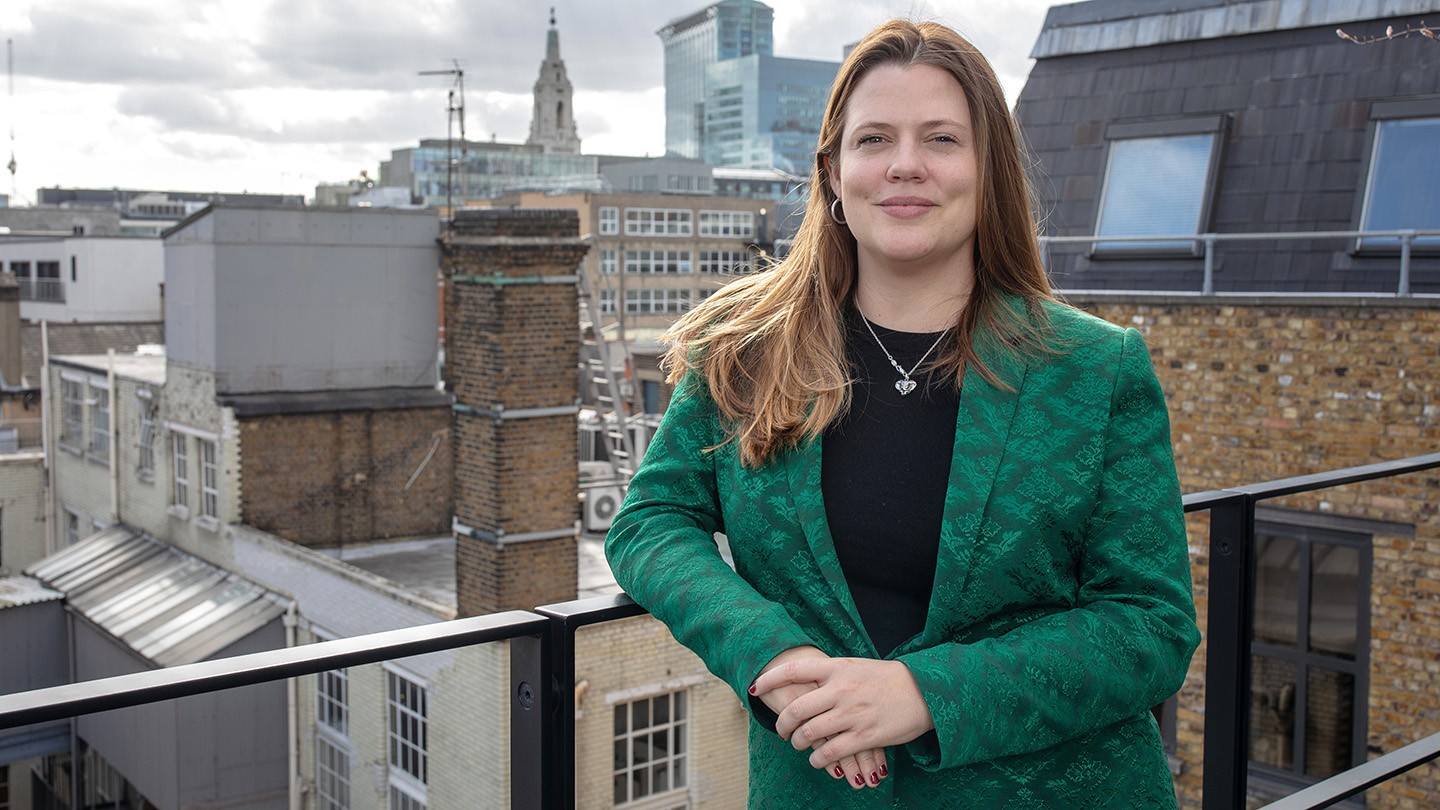
Growth
“Helping all women in business realise their ambitions”
How can we ensure inclusive growth is at the centre of the UK’s post-pandemic economic recovery? A panel of experts consider the impacts that female-led high growth companies have experienced during the pandemic, what opportunities exist, and how backing inclusive growth is important for the UK's economic recovery.
The pandemic, said Barclays’ Juliet Rogan, has led to a mixed picture for women running their own businesses – in some ways strengthening existing barriers while also leading to new opportunities.
“COVID-19 has accelerated some trends we saw pre-pandemic, increasing e-commerce and the healthtech and edtech markets,” she said. “But with that, some of the structural barriers have been exacerbated for female founders, making it more difficult to found businesses.”
The Head of High Growth and Entrepreneurs Coverage was speaking at a Barclays-hosted Facebook Live panel session, which featured West Midlands Mayor Andy Street; Founder of The Entrepreneurs Network, Philip Salter; and Founder of children’s retailer The Pud Store, Frances Bishop.
We understand that women business owners were already facing a mountain to climb and the pandemic has been like an avalanche pushing back a lot of the progress that has been made.
Head of Strategic Engagement, Barclays

Opening the discussion, Barclays Head of Strategic Engagement, Juliet Gouldman, shone a light on the recent Female Founders Forum report – by Barclays and The Entrepreneurs Network – which found that female-led businesses have been disproportionately impacted by the pandemic. Women founders were statistically more likely to be in the hard-hit hospitality and leisure sectors, and to face the “childcare challenge” as a result of school closures and the unavailability of other options.
“We've come up with a range of long-term commitments to help all women in business realise their ambitions,” said Gouldman. “We understand that women business owners were already facing a mountain to climb and the pandemic has been like an avalanche pushing back a lot of the progress that has been made.”
However, she added that “we have many fantastic stories of female-led businesses surviving and thriving, and most heartening has been research that shows that the crisis has actually led to more young women wanting to launch their own businesses.”
Andy Street, who joined the panel to offer insights on how policymakers can encourage inclusive regional growth, highlighted that the numbers of startups in Birmingham had actually risen by 26% in 2020.
It’s estimated that fostering an environment where women could launch and scale a business at the same rate as men could add almost £250bn to the UK economy. So the question, Gouldman said, was “what else can be done to tap into this huge potential, helping them overcome the challenges they face and providing the right support to ensure that women-led businesses across the UK start up and succeed as part of the economic recovery?”.
In answering this, recurring themes from the panel were the importance of mentorship and connection, access to information and, as Rogan said, “listening and learning from your peers and your customers”.
“High growth has done relatively well during the pandemic,” Rogan added, “due to the natural capacity and resilience of entrepreneurs – they’ve been able to adapt more quickly, they’re more likely to be digitally enabled. And uncertainty can bring opportunity that can be leveraged.”
Access points
Frances Bishop brought her on-the-ground perspective, describing how her retail business had to make use of a Bounce Back Loan to fund a warehouse and quickly pivot to online: “You need to have a mindset of resilience and never giving up.”

COVID-19 has accelerated some trends we saw pre-pandemic. But with that, some of the structural barriers have been exacerbated for female founders, making it more difficult to found businesses.
Head of High Growth and Entrepreneurs Coverage, Barclays
Bishop found that “one of the problems for founders is a lack of knowledge for access points of information – what you should be doing, how you should be presenting your business plan, and which banks to go to.”
She continued: “I switched to Barclays simply because one of their relationship managers walked into my store one day and said, ‘Don't you want to scale up?’. I went, ‘Yes, but I don't know how’. I needed that access point to the information. And I think that’s something as a nation we need to target. So many entrepreneurs are falling through the gaps because they don’t have access to information and mentors.”
Such access points, either through banks or mentoring schemes or other networks, were also highlighted by Philip Salter, who stressed the importance of “different mentors at different stages” and the power of “just asking people for help”, particularly for female founders who he identified as suffering from an equity funding gap that has left them with a lighter capital buffer during the pandemic.
This has been a key priority for Street in the West Midlands, who explained that “getting from startup to scaleup remains one of the biggest challenges for entrepreneurs”.
He stressed the “need for diversity of thought in senior leadership teams, which make businesses stronger”, a lesson learned from his successful tenure as Managing Director of John Lewis. In his political role, he said that “elected leaders can set the tone, draw attention to these issues, and not let anyone off the hook” when it comes to obstacles still faced by female-led businesses. Street added that he hoped that local trials offering scaleup support would help companies with high potential to thrive – and highlighted the support available from local growth hubs and how startup networks like Barclays’ Eagles Labs, which offer mentoring and resources, could have a “powerful” impact in helping founders.
Barclays’ “convening power” can be a positive in bringing entrepreneurs and experts together to support the UK's economic recovery' according to Rogan. She pointed to the importance of “supporting both female entrepreneurs and entrepreneurs generally to be able to get to that next stage of growth for their business, because one thing holding people back is a lack of cohesiveness. And what Barclays is doing with our relationship managers in High Growth is trying to provide that convening power.”
Those relationship managers have undergone gender intelligence training “in order to understand the nuances and biases that can exist for female-led businesses and support them in overcoming them”, says Rogan.
She described how Barclays has committed to helping 100,000 women start and run their own businesses: “It’s a lofty target, but we’re trying to make a meaningful difference, through our partnership with the Female Founders Forum, and using our Eagle Labs network to deliver webinars and mentoring events specifically focused on female founders.”
Inclusive growth across the country is key to the UK’s success, and Barclays’ commitment has extended to the Female Innovators Lab in partnership with Anthemis and being a founding signatory of the Investing in Women Code, connecting female-led businesses with the finance and support they need to succeed and, as Rogan says, “give an opportunity for more female founders to emerge as we build back”.